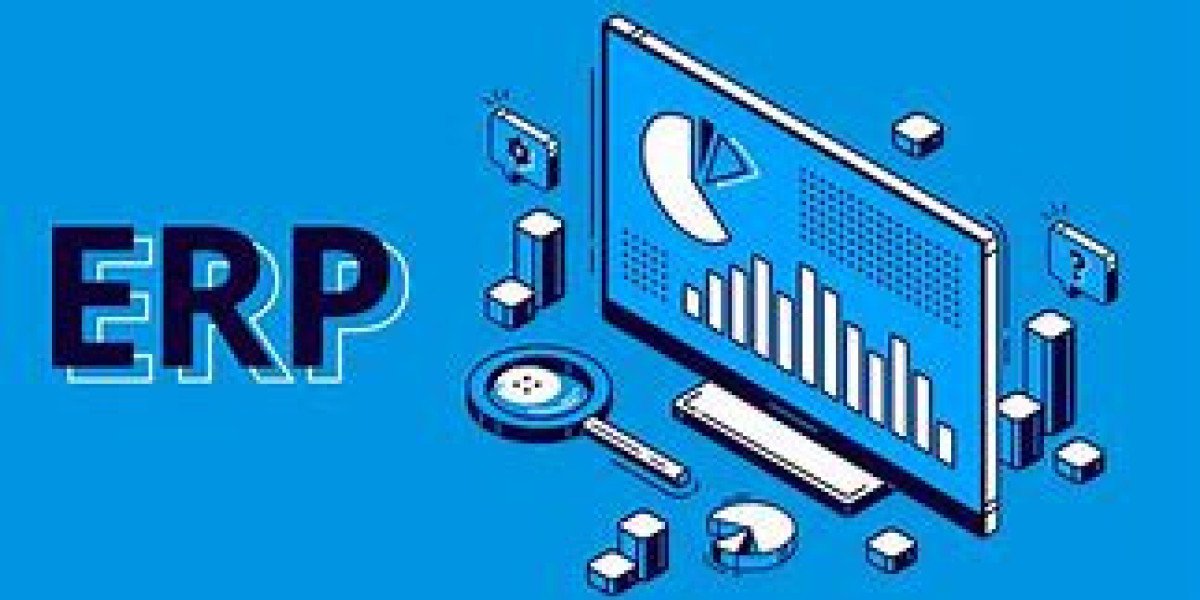Modules are at the heart of these powerful systems, which are unique and interconnected components that handle specific business functions.
In this article, we'll explore the capabilities of modules in an enterprise resource planning system to help you understand what they are, how they can benefit your business, and which ones are critical to your organization. We will explore core modules that are essential for all businesses, as well as industry-specific modules that meet the unique needs of manufacturing companies.
What exactly is an ERP module
ERP modules are the individual components of an enterprise resource planning software system, each designed to handle a specific business function or process. These modules collaborate seamlessly, share data, and provide a unified view of an organization's operations.
Modules break down the complex structure of an ERP system into smaller, manageable components. They allow businesses to select and implement only the required features, customizing the system according to their needs.
Think of ERP modules as jigsaw puzzles - when put together, they form the whole picture of your business.
Each module focuses on a specific area, such as finance, sales, or manufacturing, and contains features and tools designed to automate processes in that area. For example, a financial management module might include functions for the general ledger, accounts payable, and accounts receivable, while a sales and order management module handles tasks such as invoicing and sales forecasting.
The modular nature of ERP systems offers several advantages, such as step-by-step implementation processes, flexibility in pricing and customization, and seamless data flow throughout the organization.
How can ERP modules help businesses?
A major advantage of modules is the ability to provide real-time data and insights across the organization. With all business functions connected and data flowing seamlessly between modules, decision-makers have access to the latest information on sales, inventory levels, production status, and financial performance.
Modules also help companies improve collaboration and communication between departments. By providing a centralized data storage and sharing platform, modules can break down information silos and ensure that everyone uses the same accurate data.
This helps to create a more cohesive and efficient work environment.
Procurar
Postagens Populares
-
 Reignite the Flame: How to Bring Back Spontaneity and Passion in Sex with Your Husband
De JoeTyler
Reignite the Flame: How to Bring Back Spontaneity and Passion in Sex with Your Husband
De JoeTyler -
 Escorts in Hong Kong - Exploring the Vibrant Adult Entertainment Scene
De Emilie Fahey
Escorts in Hong Kong - Exploring the Vibrant Adult Entertainment Scene
De Emilie Fahey -
 How To Find Escort Girls in Dubai
How To Find Escort Girls in Dubai
-
 Would You Like To Make Your Night Delightful With Call girls in Bahrain?
Would You Like To Make Your Night Delightful With Call girls in Bahrain?
-
 Sensual Shape
Sensual Shape




